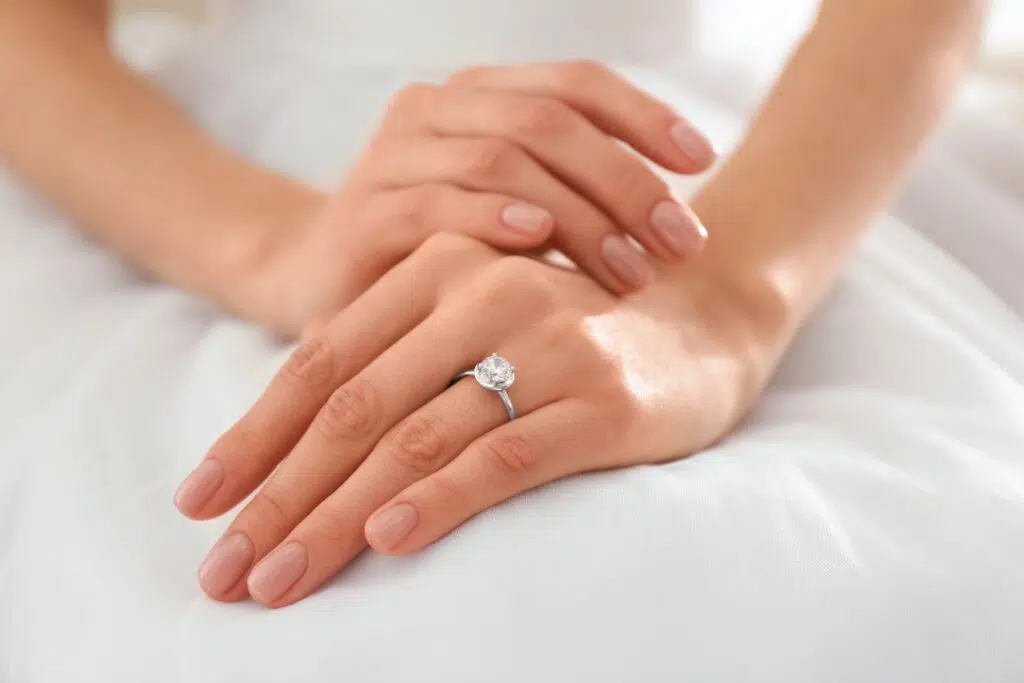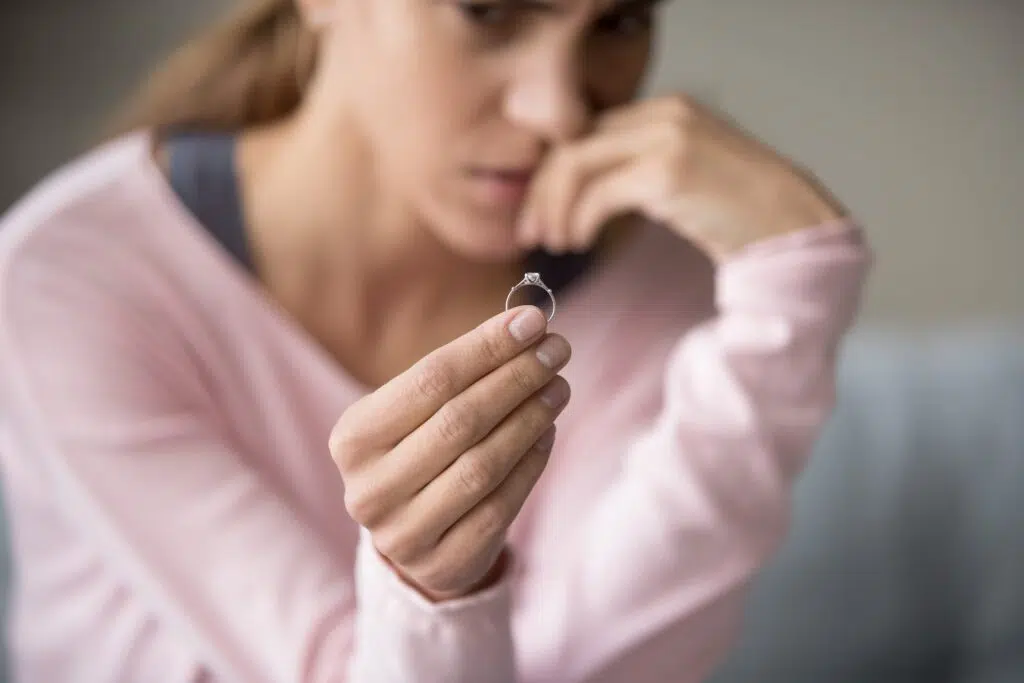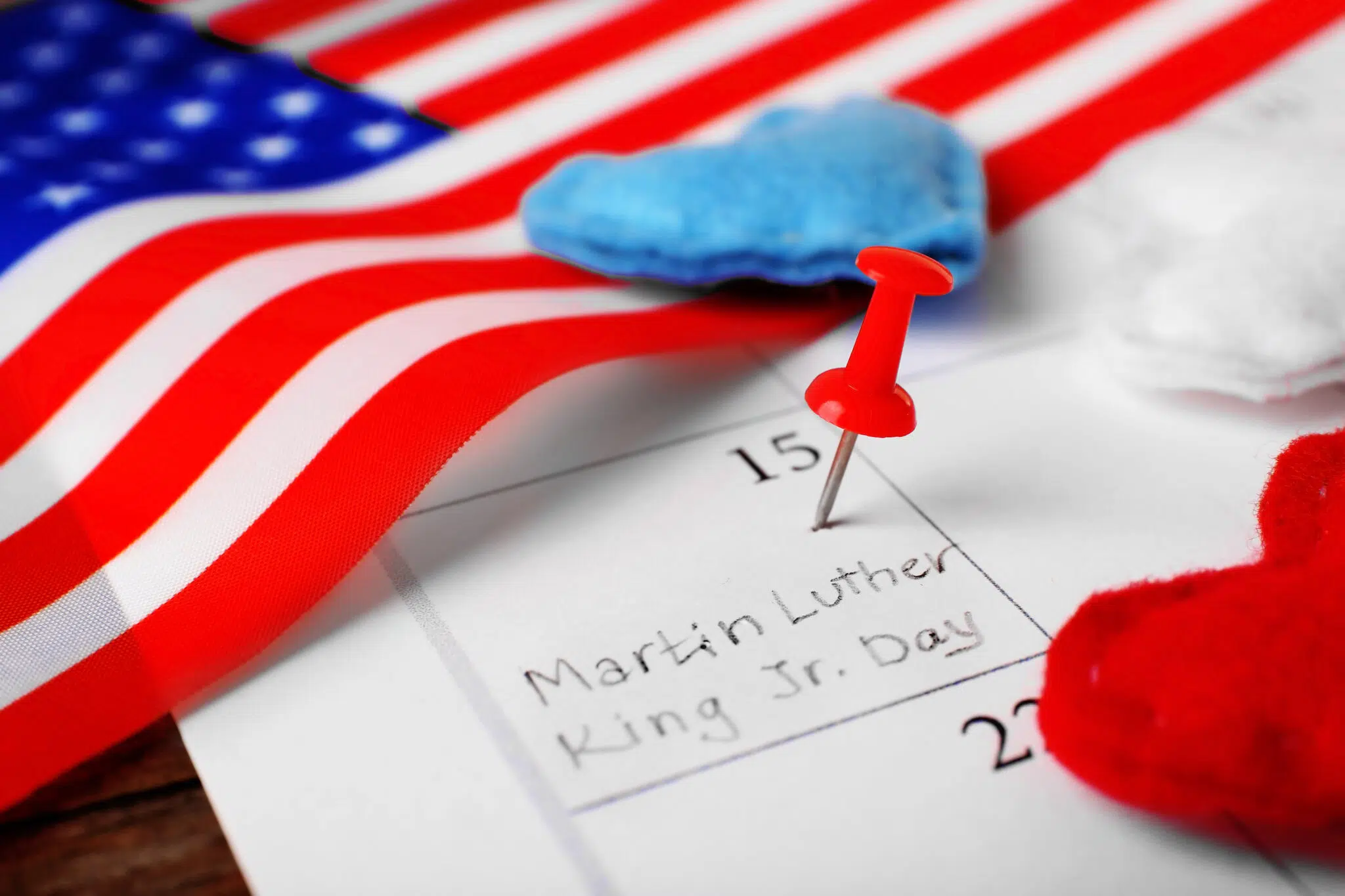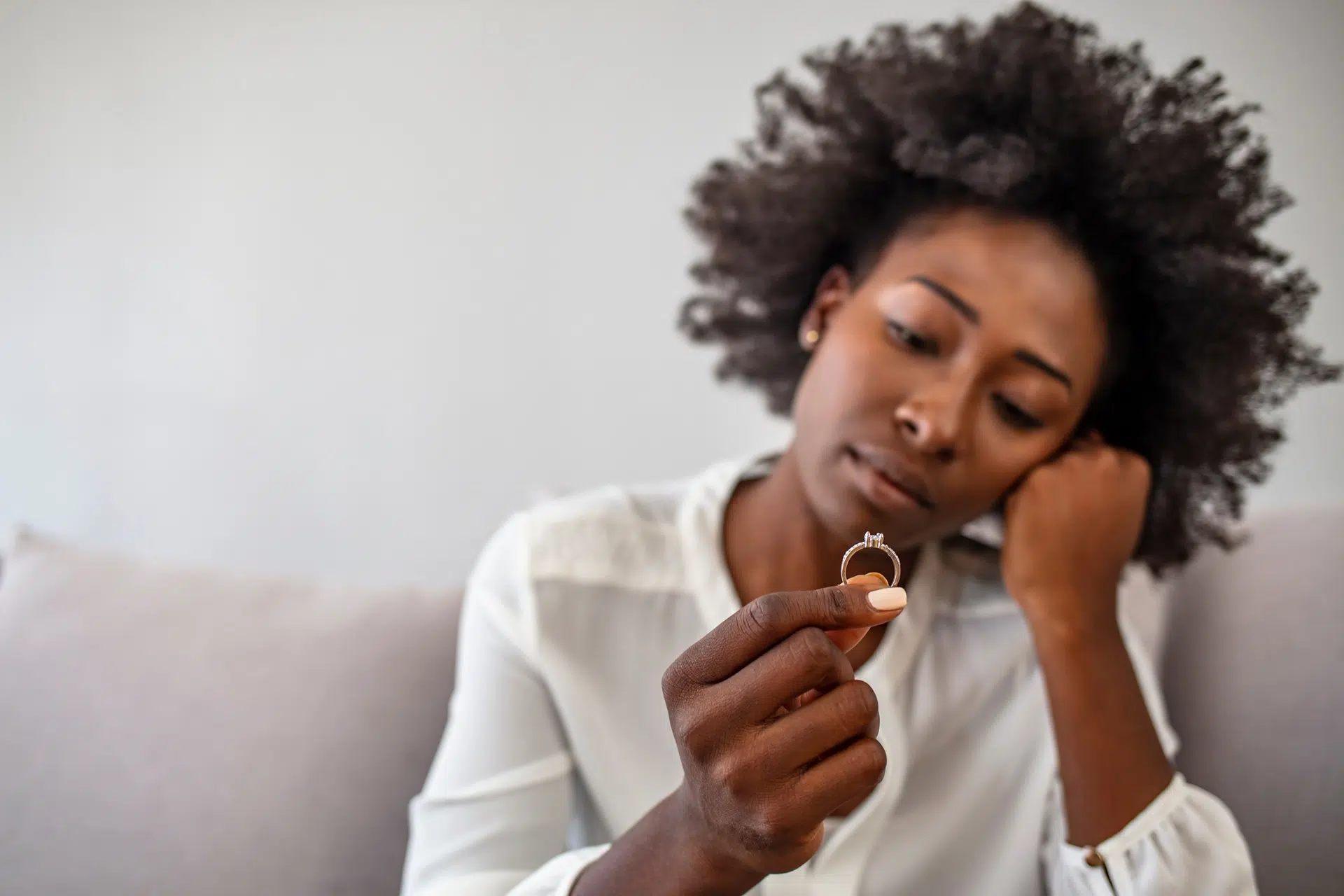Do You Need to Return Your Engagement Ring After a Divorce in King County, Washington?
Engagement rings are a powerful symbol of a couples’ commitment to their relationship. While dating and marriage trends have shifted over the years, proposals are still a common milestone in long-term relationships. One person typically presents their partner with an engagement ring as they ask for their hand in marriage. Many couples go on to live happy and blissful lives together, but others may drift apart, suffer an unexpected loss, or decide that parting ways is their best option. Engagement ring issues have made headlines recently, with the Massachusetts Supreme Judicial Court issuing a ruling that overturned the state’s “long-held rule that the ring should go to whomever is not ‘at fault’ for the breakup.” Under this new ruling, the recipient of the engagement ring must return the ring to the party who gifted it if the wedding does not happen and the engagement ends, regardless of how or why these events transpired. While most states have already handled such matters in similar ways, this new ruling allows Massachusetts to join the majority of other states in their no-fault approaches to property division and other considerations.
However, what happens to the engagement ring when the couple does marry but later obtains a divorce in Washington state? As a community property state, Washington allows both parties to claim joint ownership over the property acquired during the course of the marriage (regardless of which spouse actually purchased or earned the asset). Engagement rings are not considered marital assets—rather, they are viewed as conditional gifts (i.e., classified as separate property during divorce or legal separation proceedings). If you are asking yourself the question, “Can I get my engagement ring back after divorce?” you are far from alone. The answer varies from case to case, and several factors play a role in determining what to do with an engagement ring after divorce.
As you begin to explore your divorce options in Seattle or the greater King County area, it can be helpful to work with an experienced and knowledgeable attorney who can provide you with the personalized guidance you need during this process. This post will explore how property and asset division typically works during a Washington state divorce and how these considerations may affect decisions about engagement rings and other forms of separate property.
Understanding Washington State’s Community Property Laws
First, it’s worth taking some time to understand how Washington approaches the division of property during a divorce or legal separation. Under RCW 26.16.030, assets “acquired after marriage or after registration of a state registered domestic partnership by either domestic partner or either husband or wife or both, is community property.” For example, the salary one spouse earns during the course of the marriage is considered joint or marital property. During divorce proceedings, both parties would be entitled to this asset, even if one spouse actually acquired this particular asset. Additionally, any property purchased by either spouse during the marriage is considered community property. So, both parties are entitled to a sports car purchased by one spouse, which can factor into negotiations about the division of marital property during the divorce proceedings. Generally speaking, most assets are considered marital or joint property, aside from a few notable exceptions.
What Constitutes Separate Property in Washington State?
Washington state laws recognize that some assets are not considered joint property. For the most part, any property acquired by either spouse before the marriage is viewed as separate property (which means that these assets will still belong to you alone once the marriage ends and the divorce is finalized). Common examples of separate property include the balance of your bank account before you married, property and vehicles acquired before marriage, inheritances you received before the marriage, and any gifts bestowed upon you alone while you were married (i.e., and inheritance you received when a loved one passed away while you were married). As you and your soon-to-be ex-spouse work your way through the divorce process, your separate property will remain in your hands while the joint assets will be divided between you in an equitable manner. It’s important to understand that the term “equitable distribution of property” does not automatically translate into an even fifty-fifty split. Instead, an equitable distribution may mean that one party keeps the marital home while the other walks away with assets of similar value. If you have specific questions about the distinction between joint property and separate property in Washington state or how these differences may affect the terms of your divorce, discussing these concerns with a highly qualified and experienced Seattle divorce lawyer is highly encouraged.
Do You Give Back the Engagement Ring After Divorce in King County, Washington?
So, how is an engagement ring classified when it comes to the division of property during the divorce or legal separation process? Technically, an engagement ring is gifted from one party to the other before the marriage occurs. Engagement rings are usually considered to be conditional gifts, which are treated similarly to separate property. When the party gave their fiancé an engagement ring, they did so under the condition that the recipient would marry them. Since the recipient followed through with this promise by entering into marriage, the engagement ring is usually considered to be the recipient’s separate property (and, therefore, not subject to division in a divorce). During particularly contentious divorces, however, the party that gifted the engagement ring may argue that the item is considered joint property. These negotiations can become complex and heated rather quickly, so it’s useful to have a trusted and knowledgeable Seattle divorce attorney by your side to advocate for your best interests whenever possible.

What About Family Heirlooms or Other Relevant Factors?
Some engagement rings belong to the giver’s family and hold significant sentimental value. Washington state laws generally consider family heirlooms to be separate assets, but when one party presents the family heirloom engagement ring to the recipient during the proposal, this asset becomes the recipient’s separate property as a conditional gift. Individuals who want to protect their valuable family heirlooms may wish to consider putting together a pre- or postnuptial agreement that provides clear instructions as to how the family heirloom should be handled in the event of a divorce or legal separation. These agreements can prevent your precious family heirloom from automatically becoming your spouse’s separate property, keeping this valuable within your family even if your marriage ends. To learn more about how prenuptial or postnuptial agreements can help you plan for a stable and secure future, reach out to a skilled and caring King County divorce lawyer to discuss your specific needs and concerns.
Other Ideas for Engagement Ring After Divorce
If you find yourself in possession of the engagement ring after the divorce, you may not know what to do with it. This object may have lost its sentimental value, but it likely still holds significant financial worth. Some people decide to sell the engagement ring and use the funds to support the new foundation for their post-divorce life. However, it’s worth working with a financial advisor to understand any tax implications when selling valuable assets. Another popular choice for those who have finalized their divorces is to repurpose the ring into a new piece. For instance, you can have the ring or diamond repurposed into a necklace, bracelet, or other accessory that feels more appropriate to your post-divorce values and priorities. Others decide to save the engagement ring for their children or grandchildren, keeping the asset within the family for generations to come. No matter what you decide to do with the engagement ring after your divorce is finalized, you can always seek the guidance of a compassionate Seattle family law and divorce attorney to empower your choices and support your transition to the next chapter of life that awaits you.

Moving Forward With a Greater Sense of Hope and Confidence
The ending of a romantic relationship is inherently disruptive and stressful. Even if you and your spouse are committed to an amicable divorce, it’s natural to experience feelings of loss, grief, and sadness during this challenging time. However, as isolated as you may feel at this moment, it’s essential that you understand that you do not have to go through the next weeks and months alone. When you enlist the guidance of a trusted and caring divorce attorney, you can feel confident that there is always someone by your side looking out for your best interests. As Seattle’s go-to divorce law firm, the Hemmat Law Group is ready to help you work through the legal details in front of you while providing clear explanations at every opportunity. We believe in making sure that your voice is heard and your wishes respected as we move forward and into a brighter future.
At the Hemmat Law Group, we understand how overwhelming and daunting the divorce process can be. We believe in providing trusted and effective legal guidance that’s customized to address your specific needs and goals so that you can make informed decisions with greater clarity and confidence. Please call our Seattle office today at (206) 682-5200 to get started with a dedicated and caring divorce and family law attorney.
The Hemmat Law Group (HLG) was founded in 1994 by Steven Amir Hemmat, a former DOJ Trial Attorney. We specialize in family law, supporting victims of the legal system.
The Hemmat Law Group help good people in bad situations.
Our divorce lawyers provide expert legal advice for all aspects of divorce, including child custody, support and property division. Contact us today.














